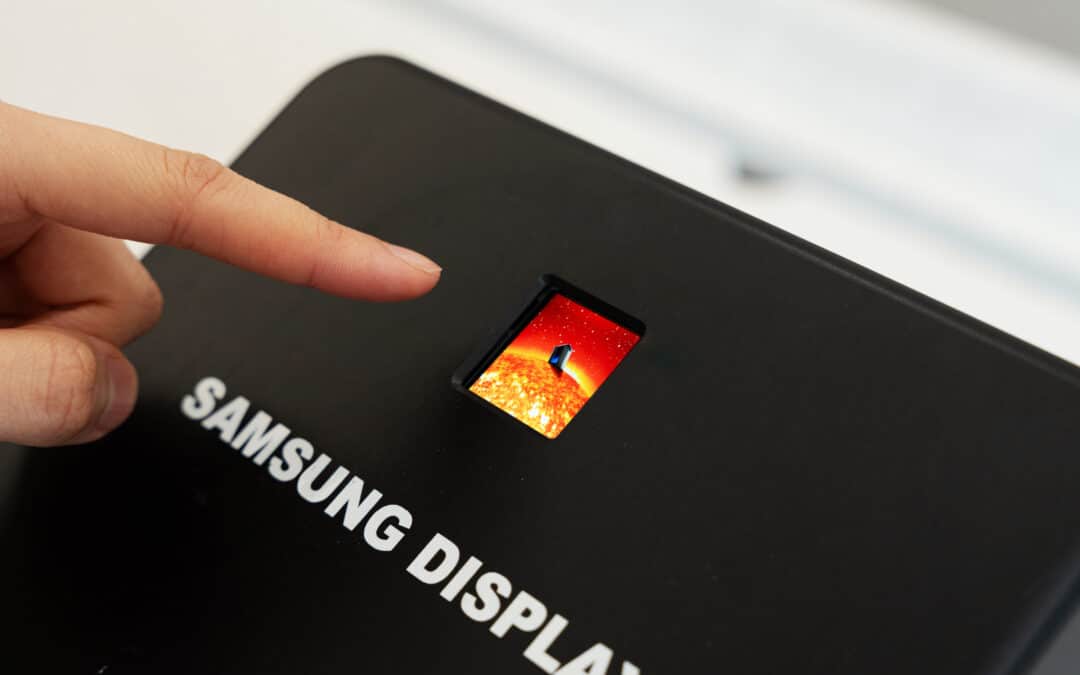Samsung’s foundry division has been struggling in the semiconductor market for the past several months. It has faced multiple setbacks in getting orders from major clients for its advanced process. The gap between Samsung Foundry and the industry leader, TSMC, has recently widened in terms of revenue and market share. It looks like a new opportunity has arisen for the Korean firm as it has reportedly secured a deal to produce the Nintendo Switch 2’s chip using its 8nm process.
NVIDIA Tegra chip will be made using Samsung’s 8nm process
According to a report from a Korean outlet, Chosun, Samsung Foundry will manufacture the NVIDIA Tegra chip using its 8nm process. This is a mature process with over 70-80% yield. Nintendo will use the chip in its upcoming video game console, Nintendo Switch 2. If true, this will be a massive win for Samsung, potentially helping it get back on track in the semiconductor space.
The report further says that gaming industry analysts expect Nintendo to sell 15 million units of its upcoming Switch 2 console, with expectations exceeding 20 million units within 1-2 years. That’s a massive figure which could lead to increased chip orders and potentially boost Samsung Foundry’s revenue.
The publication says Nintendo initially planned either an 8nm or a 5nm process, but it chose the former despite its lower performance than the latter. The reason behind it is that the 8nm process does not use extreme ultraviolet (EUV) exposure equipment and has advantages in terms of unit price and yield. “This order will serve as an important reference for Samsung Foundry in the game console market, and we can expect future orders from competitors such as AMD,” a source familiar with Samsung told the publication.
Meanwhile, Samsung is receiving many 5nm chip orders from both local and international fabless companies. The Korean firm is also working with AI chip companies like DeepX and Bose Semiconductor in Korea. On top of that, it’s trying to secure deals with several Chinese fabless companies to manufacture application-specific integrated circuits (ASICs). It will be interesting to see how Samsung leverages this opportunity to bounce back in its struggling semiconductor business.






